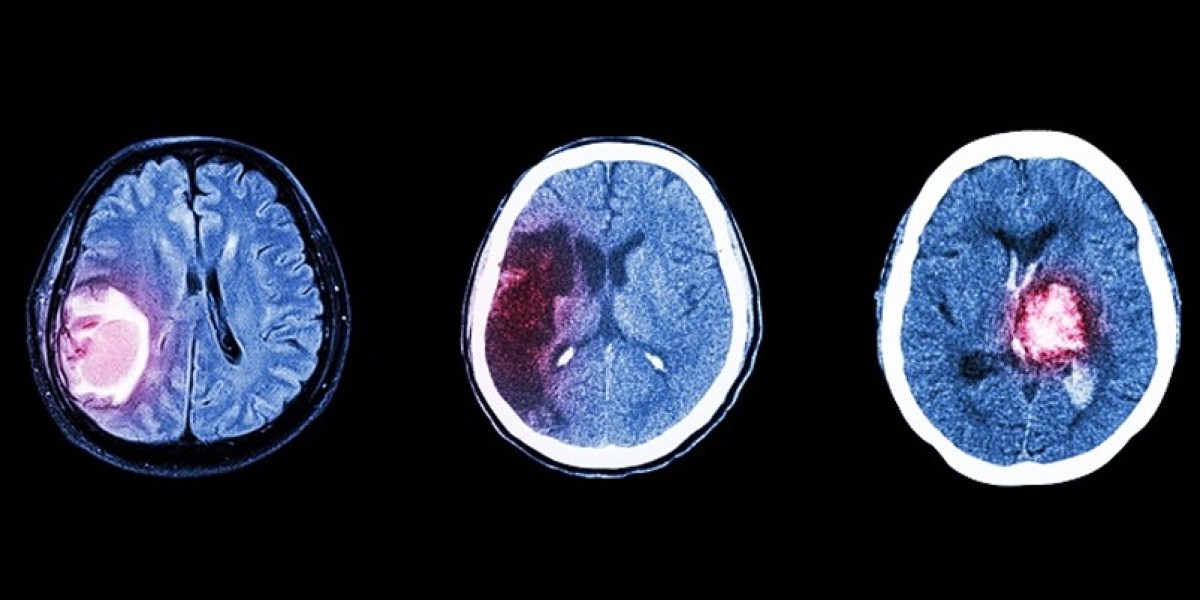A diagnosis of brain cancer can be a life-altering moment, not only for the individual facing it but also for their loved ones. It's a journey that requires courage, strength, and a deep understanding of the available treatment options. In this comprehensive guide, we aim to empower patients by providing a thorough understanding of the diverse avenues for brain cancer treatment.
Surgery Navigating the Path of Intervention
Surgery stands as one of the primary treatment modalities for brain cancer. Neurosurgeons, specializing in brain and nervous system surgery, work meticulously to remove as much of the tumor as possible. Advances in surgical techniques, such as image-guided surgery and neuro-navigation, have significantly improved precision, reducing the impact on surrounding healthy tissue.
Radiation Therapy Harnessing the Power of Energy Beams
Radiation therapy employs high-energy beams to target and destroy cancer cells. For brain cancer patients, specialized techniques like stereotactic radiosurgery and proton therapy offer precise and focused radiation delivery. These advancements maximize treatment efficacy while minimizing damage to adjacent healthy brain tissue.
Chemotherapy Systemic Warriors Against Cancer
Chemotherapy involves the use of powerful drugs to combat cancer cells. While systemic chemotherapy circulates throughout the body, specialized agents can sometimes cross the blood-brain barrier, reaching tumors within the brain. This treatment modality is often used in conjunction with surgery and radiation to provide a multi-faceted attack on the cancer.
Targeted Therapy Precision Medicine in Action
Targeted therapy takes a molecular approach to treatment. By identifying specific genetic or molecular alterations within a tumor, oncologists can administer drugs that precisely target these aberrations. This approach maximizes the therapeutic effect on cancer cells while minimizing harm to normal, healthy tissue.
Immunotherapy Mobilizing the Body's Defense
Immunotherapy is a cutting-edge approach that harnesses the body's own immune system to fight cancer. While the blood-brain barrier presents a challenge, ongoing research is exploring innovative ways to stimulate immune responses against brain tumors. Immunotherapy represents a promising frontier in brain cancer treatment.
Minimally Invasive Techniques Precision with Minimal Impact
Advancements in technology have led to the development of minimally invasive procedures for brain cancer treatment. Techniques like laser interstitial thermal therapy (LITT) and focused ultrasound allow for precise tumor targeting while minimizing disruption to surrounding healthy tissue. These procedures often result in shorter recovery times and improved quality of life for patients.
Clinical Trials Pioneering the Future of Treatment
Participation in clinical trials offers patients access to cutting-edge treatments and represents a vital component of advancing brain cancer research. These trials test new therapies, techniques, and interventions, contributing to the ongoing evolution of treatment options.
Conclusion Navigating the Path Forward
Empowering patients with knowledge about brain cancer treatment options is an essential step in the journey towards recovery. Each individual's path may be different, and the optimal approach often involves a combination of treatments tailored to their specific diagnosis. By understanding the available modalities, patients and their families can work with their healthcare team to make informed decisions, fostering hope and resilience in the face of this challenging diagnosis.








